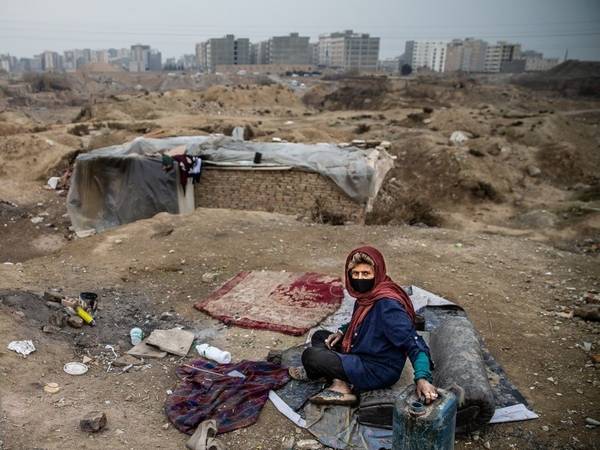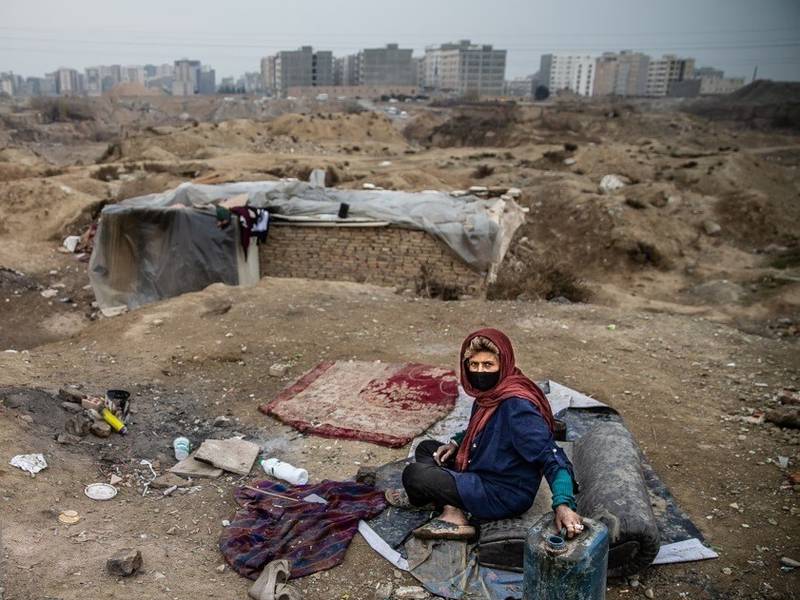A recent report has unveiled that almost one in every three Iranians is currently living below the poverty line as a result of very high inflation in the past five years.
The poverty line signifies the minimum income level necessary to sustain an ordinary life, encompassing the total expenditure on essential resources for an average adult over the span of a year. In Iran the minimum monthly income for a family of 3 for basic food and needs is estimated to be around $400.
Highlighting the situation, a report from Eqtesad 24 elaborated on the poverty conditions prevailing in Iranian society. It projected a concerning escalation in poverty rates, foreseeing that by the end of the year 1402 [March 20], “the proportion of individuals below the poverty line could soar to 37 to 40 percent.”
The forecast attributes the surge to the combination of soaring inflation rates and stagnant wages, exacerbating the financial strain faced by many Iranians.
The pervasive poverty has profound implications for Iranians, with a significant portion struggling to afford basic necessities. Compounded by persistently high inflation rates, where the country has endured inflation levels exceeding 40 percent for five consecutive years, the purchasing power of salary earners has been eroded. Despite promises from Islamic Republic authorities to curb inflation, such commitments have often fallen short, echoing past instances of unfulfilled pledges.
The repercussions of escalating poverty are evident in the daily lives of Iranians. The majority of Iranians find themselves unable to afford even basic food items like meat, fruits, and vegetables, with consumption witnessing a decline.

